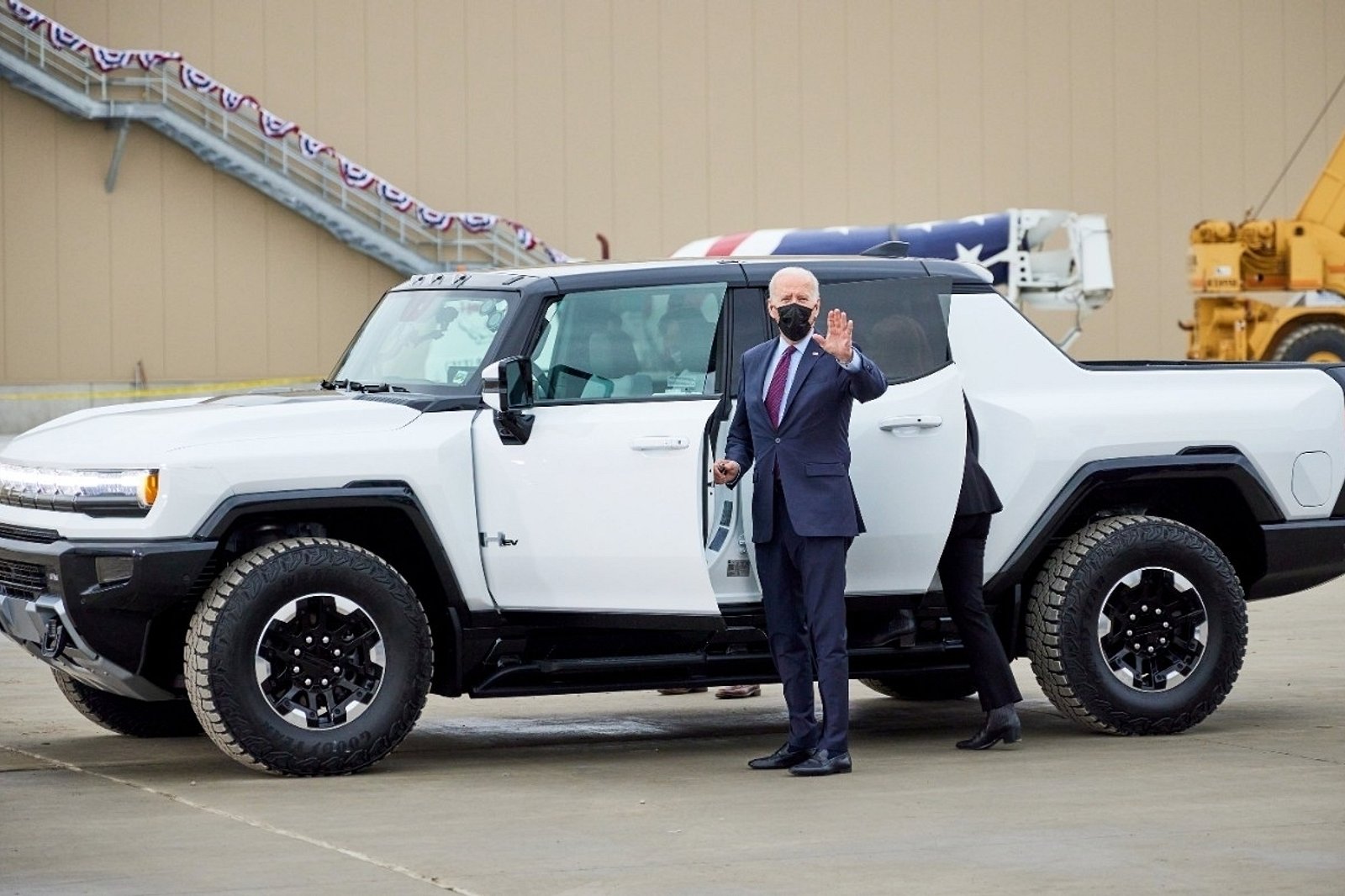
With all the rules laid out, only 10 cars will qualify for the full $7,500 credit starting in 2024. There are only nine because the 2023 Chevrolet Bolt EV, the most affordable EV on sale right now, will not continue past the 2023 model year. We only include it here because a few units might still be left on showroom floors.
That leaves the the Cadillac Lyriq, the Chevrolet Equinox EV (which is not yet on sale), the Chevrolet Blazer EV, the Chevrolet Silverado EV, the Ford F-150 Lightning, the Tesla Model 3 Performance, The Tesla Model Y Performance, and the Tesla Model X. The Chrysler Pacifica PHEV is the only non-EV that is eligible.
General Motors dominates the list with four models, while Tesla comes in second with three, though only the Performance versions of the Model 3 and Model Y will qualify. You might instantly recognize an affordability issue here, since the cheapest vehicle that qualifies for credits, the Equinox EV, starts at a whopping $48,995. Chevy initially promised an affordable model for $30,000, but it has been canceled. The whole point of the $7,500 credit is to make EVs more attainable for the masses, but the nine eligible cars are all relatively expensive.
Another car may also be added to this list, but it’s inclusion was still unconfirmed at the time of writing. “We are pleased that draft guidance on FEOC has been released and are cautiously optimistic that the Chattanooga-assembled 2024 Model Year ID.4 will qualify for the full $7,500 Tax Credit under Section 30D,” Volkswagen told CarBuzz. “We look forward to continuing our dialogue with the Treasury and Department of Energy as this guidance is finalized.”

